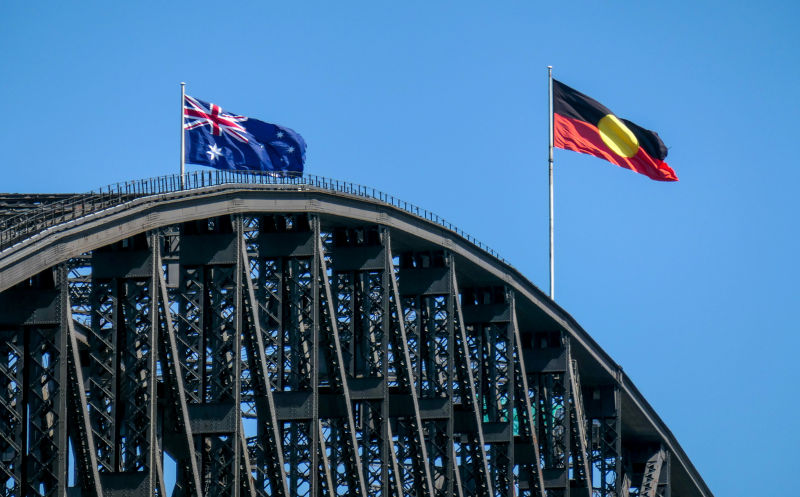War service did not stop the racism
June 27, 2023
Noel Turnbulls articleabout the treatment of black warriors who wore the Australian uniform make for some uncomfortable reading for those Australians who think Indigenous peoples have no need to control their own destinies. Historically, we have applied the claim that veterans are heroes very selectively.
While Noel gives a broad summary of the treatment of black warriors, I will relate a story which brought me close to tears when I first heard it and does still. For several reasons I will not mention names. First, the story concerns deceased people. Secondly, I have not been given permission by living descendants to tell this story. Thirdly, the story is well known and if anyone wishes to check the details, it is easy enough to do so.
I was at Sydneys La Perouse markets one Sunday when I strolled past an Indigenous artist at his stall. I stopped and we talked. He had a painting of a warrior standing on a rock, with the title Wiradjuri Country. I explained that I had written a song with that title. After reading Stan Grants book The Tears of Strangers about his search for antecedents around Canowindra and Bathurst, I felt that more should be said about the frontier wars in the district and about the role of the Wiradjuri leader Windradyne.
During my time in Cowra I had a small association with the preschool at the Erambie mission. The artist said that he was there during the 1940s as a very young child. He then told me the harrowing story of how he became a member of the Stolen Generations and his subsequent drift into various institutions including the infamous Kinchela Boys Home and then senior prisons.
While this man and his mother and siblings were at Erambie, his father volunteered to fight for Australia in the second world war. There was a general fear that the country could be invaded by Japan. I do not know whether his father was able to communicate with his mother or whether she might at some stage have believed he had become a casualty. There was no indication that the fathers service was anything other than exemplary and honourable.
Fast forward now to the veterans return to Erambie. He must have been overjoyed at the prospect of seeing his wife and children and of enjoying the land fit for heroes which he had taken a hand in preserving. Imagine the horror when he found his family gone. A neighbour explained that his wife had been unable to cope alone and had been hospitalised.
Eventually, the authorities white of course decided that the children should not be left at Erambie. To his dismay, the returning hero found that his neglected children had been removed to a home in Bomaderry near Nowra.
Exhausted the soldier still in his warriors garb turned around and somehow made his weary way to Bomaderry. When he arrived at the euphemistically named home, he was refused entry. His uniform had no bearing on his pleas. Determinedly he said that he would wait until admitted but the administrators asked the police to move him on, which they duly did.
The artists father quickly declined. Heartbroken, he became an alcoholic. The artist and his siblings were shunted around the heartless system and quickly gained reputations as troublesome. There is no need to repeat here the familiar pattern, the cycle of petty and then more serious offence, substance abuse and incarceration.
The artist did not say whether the RSL or Legacy ever tried to help the children out. Eventually, he was alive long enough to hear and receive the Apology made to Stolen Generations as one of the first actions of the Rudd Labor Government in 2008. I have to admit that this occasion probably represents the last time I felt proud to be Australian.
I could not avoid turning this story into a song. The lyrics of both songs mentioned above can be found at Anti war songs. Links are also available to audio on Soundcloud.com.
The artist who told me this story has passed, but clearly he will never be forgotten. His survival for so long was clearly heroic, as is the case with Indigenous people generally. We need to turn our minds now to making a genuine end to colonialism by adopting the Voice and a Treaty and a truth commission as recommended by the Uluru Statement. We need also to ditch the colonial power with its archaic monarchy and become what Mark McKenna termed A Reconciled Republic. We must also turn away from the neo-colonialist USA and from the militarism that comes with it. Only then can we ensure that past sufferings such as those endured by the artist and his family will not have been in vain.
